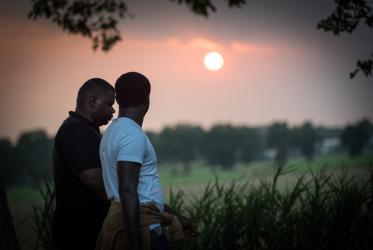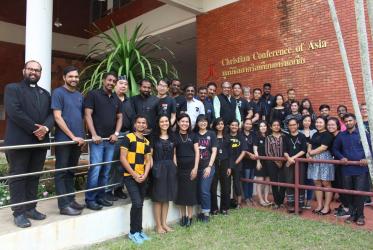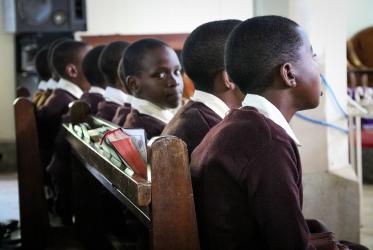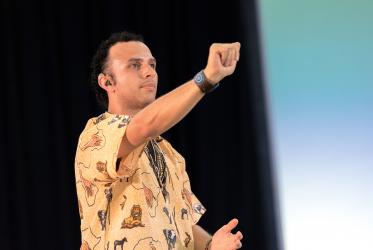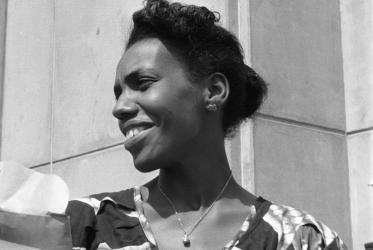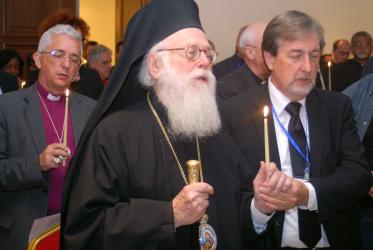Displaying 1 - 20 of 28
Young Black Europeans: “common witness has an open ear”
30 November 2023
Young Black European Christians will share vision for mission
09 November 2023
WCC Eco-School for Europe and North America region
11 - 18 November 2023
Orthodox Academy of Crete, Greece
A tribute to Rev. Dr Rena Joyce Weller Karefa-Smart
21 January 2019
Pope Francis at the World Council of Churches
31 May 2018
WCC conference explores ecological injustice in Uganda
21 April 2016

